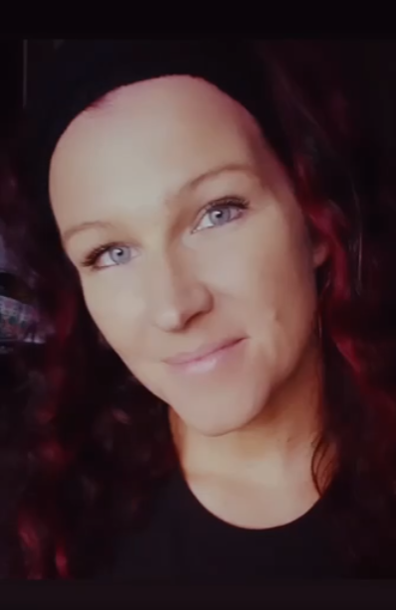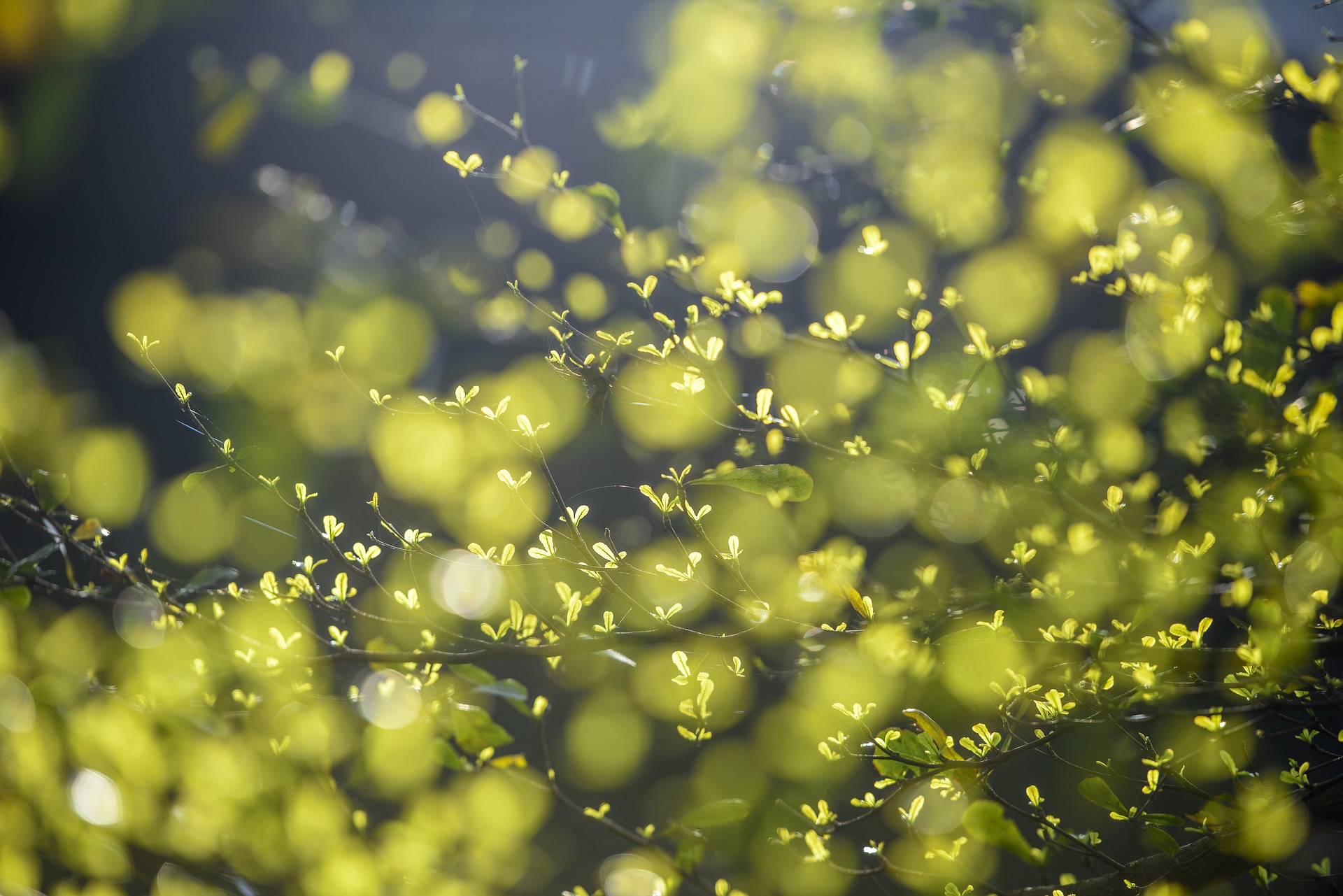Leading For Climate Justice
We are grateful to Maria Vamvalis for helping us deepen our thinking around what climate justice entails and making connections between ideas that are important to us.
Climate justice is a critically important way of framing our responses to the climate crisis, particularly within educational contexts. Climate justice orientations center on the imperative to respond to the inequitable causes and impacts of global warming. We draw on the conception articulated by Farhana Sultana (2022a; 2022b) that directly links the climate crisis to ongoing colonial legacies of harm. We find these ideas resonant with those articulated by Heather Davis and Zoe Todd (2017), who argue against viewing the “Anthropocene” era as a new event, but instead as the cascading outcomes of ever-present practices of extractivism, genocide, Indigenous erasure and land dispossession. Through this framing, the climate crisis has been hundreds of years in the making and understanding and addressing its root causes requires profound paradigm shifts.
Using the framing of climate justice is critically important in developing action-oriented responses to the climate crisis and its myriad manifestations in local communities. This framing centers on the need to carefully consider the inequitable causes and effects of greenhouse gas emissions, particularly on those most impacted by structural violence. This means that equity-focused approaches to the impacts of climate change lead the way in policy, resource allocation and re-imagining cultures and structures. Aviva Chomsky (2022) argues that technological advances are not the antidote to the climate crisis. Instead, she asserts that new forms of collaboration for global justice are essential to ameliorating the worst impacts. Elizabeth Cripps (2022) positions climate justice as a motivating force and goal that can energize collective action for transformative changes in all aspects of current systems. We take up these calls to action and recognize the critical importance of centering climate justice as an orienting framework for addressing climate change and building collectives grounded in radical transformation.
Addressing complicity within collective movements is uncomfortable, but ultimately healing and liberating. We consistently see resistance to challenging our complicity in multiple oppressions, but we are made resilient by imaginaries of more caring, conscious and compassionate worlds. The need to engage in critical reflexivity on the historical whiteness of environmental movements is important to this work, and we are inspired by youth climate justice activists like Leah Thomas (2022) who call for an intersectional approach to movement building that dismantles privilege. Climate justice movements are rooted outside the academy, and we are aware that part of our responsibilities are to build bridges and solidarities, particularly with young people who are leading transformative change.
In doing this work, we are aware of the need to not reproduce traditional legacies of harm. To this end, we are conscious of human-centric conceptions of climate justice and recognize that to truly enact its goals and ambitions for radical systems change, we must de-center ourselves as humans and regain humility through our entanglements in ecological webs with other species. We are inspired by Blanche Verlie’s (2022) call to transform climate anxiety through a more mature ability to bear the weight of our current reality. We find these ideas align with those articulated by Vanessa Machado de Oliveira Andreotti (2021) who makes the complex case for “hospicing modernity” by acknowledging our profound vulnerability and abandoning the false pretense that we are anything but a part of/dependent upon living ecosystems and complicit in rendering them fragile beyond recognition.
We sit in the tension of facing the dispiriting and distressing climate realities that can drain any sense of hope with the revitalization of our Spirits as we consider the worlds we can yet build. We recognize that we are complicit in harming multiple local/global communities, including communities of diverse species, through both our convenient access to goods and in the cultural positioning of accumulative lifestyles as the ultimate goal. We are sobered by Aja Barber’s (2021) tracing of the impacts of our disposable, acquisitive society and respond to her call to consciousness to recognize that the less we consume, the more power we actually have. We are grateful to visionary conversations like those between Robyn Maynard and Leanne Betasamosake Simpson (2022) in Rehearsals for Living who powerfully speak back to Black and Indigenous erasure and oppression, and show us how integral seeds and visions for ways of yet living can be found in dreaming forward together.
We engage with these complexities, inspirations and questions to consider what enacting climate justice might look like in our own lives, communities and places of work. As we think about K-12 educational responses, we ask: How will we move forward on climate justice in education when it remains such a siloed, periphery topic?
We might consider what the role of educational leaders is in nurturing a transformative, embodied agency within themselves, and their students and how we might enable and support school communities in creating new worlds (Vamvalis, 2022). We might draw inspiration from Fikile Nxumalo’s (2019) work in decolonizing early childhood education and the powerful possibilities it offers for centering climate justice in our work as/with educators. We might consider how leadership is reframed as collective action and an exercise in hope for alternative futures that take up the call to center climate justice as an educational imperative.
As we consider the diverse systems in need of transformation to center climate justice, we are informed by the conversation convened by Melanie Goodchild (2021) with Peter Senge, C. Otto Scharmer, Roronhiakewen (He Clears the Sky) Dan Longboat, Kahontakwas Diane Longboat, Rick Hill and Ka’nahsohon (A Feather Dipped in Paint) Kevin Deer on relational systems thinking. They invite us to consider systems change as healing and heart work, connecting mind, body and spirit in actions for mutual benefit. From this lens, climate justice may be a framework for un/leading systems change towards ancestral legacies of which we can be proud.
Reflection Questions:
- How do we move people to a focus on climate justice instead of climate change? How does the climate crisis impact communities differently, locally and globally?
- How might we acknowledge the important roles that Indigenous communities and youth have on this movement without absolving the rest of us in our responsibilities to end climate injustice?
- How do we understand and work with eco-anxiety? How do we support people in acknowledging the existential and physical threat that is the climate crisis?
- Who do we need to be as leaders to lead for climate justice?
- How might we apply this understanding to the work we do in communities, schools, and academies?
References
Barber, A. (2021). Consumed: The need for collective change – colonialism, climate change and consumerism. Balance/Hachette Book Group.
Chomsky, A. (2022). Is science enough? Forty critical questions about climate justice. Beacon Press.
Cripps, E. (2022). What climate justice means and why we should care. Bloomsbury Continuum.
Davis H. & Todd, Z. (2017) On the importance of a date, or, decolonizing the Anthropocene. ACME: An International Journal for Critical Geographies, 16(4): 761-780.
Goodchild, M. (2021). Relational systems thinking: That’s how change is going to come, from our Earth Mother. Journal of Awareness Based Systems Change, 1(1): 75-103.
Machado de Oliviera, V. (2021). Hospicing modernity: Facing humanity’s wrongs and the implications for social activism. North Atlantic Books.
Maynard, R. & Simpson, L.B. (2022). Rehearsals for living. Alfred A. Knopf Canada.
Nxumalo, F. (2019). Decolonizing place in early childhood education. Routledge.
Sultana, F. (2022). Critical climate justice. The Geographical Journal, 188: 118–124, doi: 10.1111/geoj.12417
Sultana, F. (2022). The unbearable heaviness of climate coloniality. Political Geography [Invited 40th anniversary plenary publication for debate forum.
https://doi.org/10.1016/j.polgeo.2022.102638
Thomas, L. (2022). The intersectional environmentalist: How to dismantle systems of oppression to protect people and planet. Voracious/Little Brown & Company.
Vamvalis, M. (2022). Nurturing embodied agency in response to climate anxiety: Exploring pedagogical possibilities. In A.J. Farrell, C. Skylar & M. Lam (Eds). Teaching in the Anthropocene: Education in the Face of Environmental Crisis. Canadian Scholars.
Verlie, B. (2022). Learning to live with climate change: From anxiety to transformation. Routledge.
Additional Recommended Resources:
Hardman, J. (2017). Educational leadership and environmental justice in a climate-challenged world. The Wiley international handbook of educational leadership, 139-156.
Perkins, P. E. (2017). Canadian indigenous female leadership and political agency on climate change. In Climate Change and Gender in Rich Countries (pp. 282-296). Routledge.
Panelists
Maria Vamvalis
Maria Vamvalis is a PhD candidate in Curriculum and Pedagogy at OISE, University of Toronto where she is researching the most powerful and visionary pedagogies for climate justice education that are attentive to youth and planetary well-being. She has significant experience learning about, working with, and contributing to transformative paradigms of curriculum, facilitation, pedagogy, youth and adult learning, and social change. Her approach is rooted in expanding embodiment and raising critical consciousness to seed imaginative, regenerative and life-affirming realities, particularly in supporting young people imagine and actualize new visions and systems from a place of deep relationality. Maria has passionately supported learners as an educator within formal and informal contexts for twenty years, including ten years with the Toronto District School Board. She has worked nationally and internationally on powerful and engaging coaching, learning design, strategic directions, conversations, and educational programming through consultant and advisory roles with education and social change organizations. Her responsibilities as a settler to the Dish with One Spoon Wampum Belt Covenant territory (the laws of the place in which she resides) are to take only what she needs, keep things clean and share/leave some for others. She is bound by these laws but often struggles to uphold them while paradigms and structures encouraging her complicity in harm every day remain intact. She works with others to transform oppressive and violent paradigms and structures as part of her ongoing commitment to fulfilling her responsibilities.

Cristina Delgado Vintimilla
Cristina Delgado Vintimilla is an assistant professor in the Faculty of Education at York University. She is also a pedagogista within the Italian tradition. Cristina’s area of research is pedagogy as living knowledge and as that which thinks and troubles education as a normative project. Currently, her research focus on creating pedagogical inquiries and pedagogies that address the complexities of educational contexts (formal and informal) in Canada and Andean Ecuador. As a pedagogista, Cristina is particularly interested in the intersection between pedagogy and the arts as a generative intersection for imagining alternative onto-epistemologies.
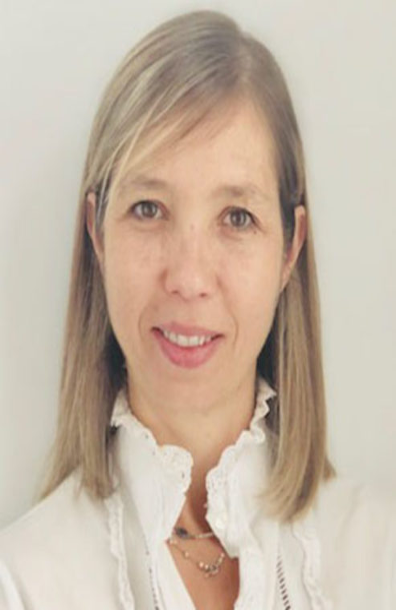
Naomi Leung
Naomi Leung (they/she) is a 19 year old racial and climate justice organizer and Chinese Malaysian settler on ancestral and stolen xʷməθkʷəy̓əm (Musqueam) and scəw̓aθən (Tsawwassen) territories. They just finished their first year of their undergraduate degree at the University of British Columbia studying sciences.
She helped found Climate Education Reform BC, youth across colonially named “British Columbia” who are advocating for climate justice to be integrated into the K-12 educational system. They lobby the BC Ministry of Education and work with school boards locally to advocate for climate justice education, funding and resources for educators and students. In addition, she organizes for climate and racial justice and harm reduction with Sustainabiliteens and Climate Justice UBC.
Naomi organizes with the understanding of how the environmental movement has historically excluded, erased and undermined voices like hers. This is why in the fight for climate justice she aims to center BIPOC joy and actively dismantle elitism, white supremacy, and all forms of colonial violence that take form in herself and her community. She enjoys creating digital art, music, reading, and time with her family and dog.
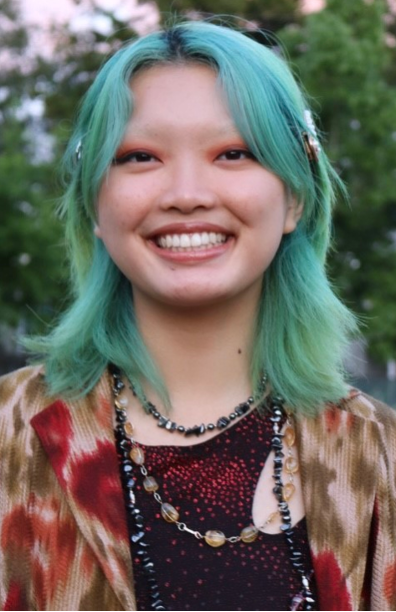
Julius Lindsay
I’m currently the Director, Sustainable Communities at the David Suzuki Foundation. I lead the Foundation’s work to accelerate and raise the ambition of climate action in cities across the place now known as Canada. I am also a co-founder of the Black Environmentalist Alliance, an organization that seeks to champion black people in the environmental profession, provide a safe space for peer-to-peer engagement to have real conversations and share experiences, and to advocate for environmental justice for Black Canadians now and in the future. Prior to these two roles, I have been the catalyst for and led the development of climate change plans, programs, and policies at two of the biggest cities, Mississauga and Richmond Hill, in Ontario, Canada’s Largest Province.
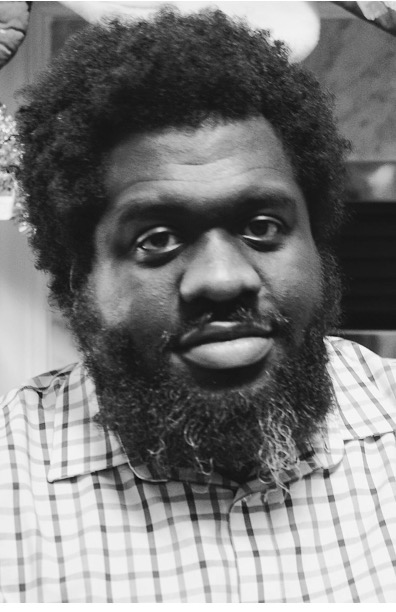
Jodie Williams
Jodie Williams currently works as the Academic Coordinator for Indigenous Education with the Dufferin Peel Catholic District School Board and is the Co-Chair for the First Nations, Métis and Inuit Education Association of Ontario. Jodie has worked in education for over 22 years specializing in land-based programs based on Indigenous Knowledge Systems. She is also the lead on a provincial Community of Practice for Indigenous Knowledge and Mathematics which involves a collaboration with NASA, Maori educators from New Zealand, the Navajo Nation in the United States, as well as the Anishinaabek, Cree and Kanyen’kaha:ka (Mohawk). Jodie has created numerous resources to support Indigenous Education K-12, connecting climate change with colonialism and our collective role in creating transformative education spaces. Together she and her husband have 5 daughters and one granddaughter.
